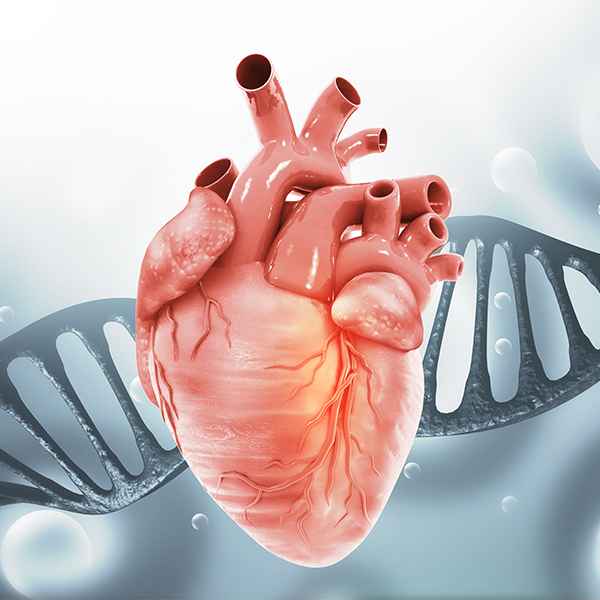-
 Arizona
ArizonaMayo Clinic Study Suggests Acute Injured Kidneys can be considered for Transplant
PHOENIX — The shortage of kidneys needed for organ transplantation in the U.S. can be alleviated in part by using select kidneys with Acute Kidney Injury (AKI), resulting in safe and positive outcomes, according to research conducted at Mayo Clinic in Arizona.
Results of the single-site study, led by Raymond Heilman, M.D., Chair of the Division of Nephrology, suggest that acutely injured kidneys from deceased donors can be considered for transplantation — reconsidering previous thinking that such kidneys should be discarded.
Kidneys can result in acute injury when the organ ceases to function, generally caused by heavy blood loss, severe infection, extreme dehydration and some medications. At the same time, according to Dr. Heilman, “The kidney has a remarkable ability to regenerate parts of the organ that weren’t working.”
MEDIA CONTACT: Lynn Closway, Mayo Clinic Public Affairs, 480-301-4337, closway.lynn@mayo.edu
The Mayo research examined the results of 162 kidney transplants, using kidneys from deceased donors with AKI between June 2004 and October 2014. Deceased donors with AKI whose kidney function was diminished were studied, with 70 percent classified as having severe AKI. Researchers found that transplant outcomes using kidneys from deceased donors with AKI were no different between the AKI and non-AKI groups at both 1 and 3 years post-transplant. Results included a comparison of graft survival (how long the kidney would last), kidney function and rejection rates.
“A decade ago we were very selective about using these AKI kidneys because of concern they wouldn’t function well, or the long-term outcomes would be inferior,” says Dr. Heilman. “Over time, however, especially in the past two years, we have found that such stringent criteria are not necessary.” He added that AKI kidneys considered for transplantation are carefully examined by pathologists, surgeons and nephrologists to make sure they are viable.
“With our data and evidence, we are confident that we are not short-changing the recipient by offering these AKI organs for their kidney transplant,” Dr. Heilman says.
He cites the ever-increasing disparity between the number of patients waiting for a kidney transplant and the available donor pool for driving the need to expand the criteria, noting that organs with AKI are one such option.
“Why would transplant surgeons and physicians push the envelope to get creative in using kidneys?” asks Dr. Heilman, explaining, “Because of the dramatic shortage of organs available for transplant.” He notes that currently, some 100,000 patients in the U.S. are on a wait list for a kidney transplant, and because of the donor shortages, only between 12,000 and 13,000 people are able to receive a transplant per year. It is not uncommon for patients to wait 8 years in some parts of the U.S. “And the number of people dying on the wait list is increasing,” he says.
“Our data and experience in studying use of AKI kidneys should assure the transplant communities that this results in safe and excellent outcomes,” concludes Dr. Heilman. “If this is adopted across the U.S., we estimate that between 300 and 600 additional kidneys per year would be transplanted.”
The study was published in the March 24 edition of American Journal of Transplantation.
Other Mayo Clinic authors include Maxwell Smith, M.D.; Sunil Kurian, Ph.D.; Janna Huskey, M.D.; Ramesh Batra, MBBS; Harini Chakkera, M.D.; Nitin Katariya, M.D.; Hasan Khamash, M.D.; Adyr Moss, M.D.; Daniel Salomon, M.D. and Kunam Reddy, MBBS.
About Mayo Clinic
Mayo Clinic is a nonprofit organization committed to medical research and education, and providing expert, whole-person care to everyone who needs healing. For more information, visit https://www.mayoclinic.org or https://newsnetwork.mayoclinic.org.







